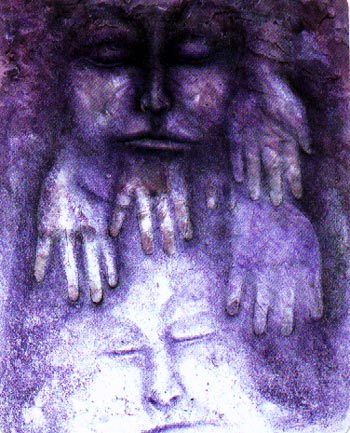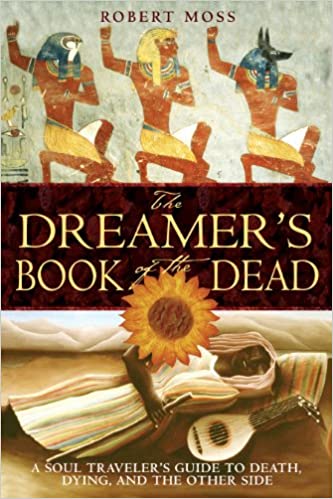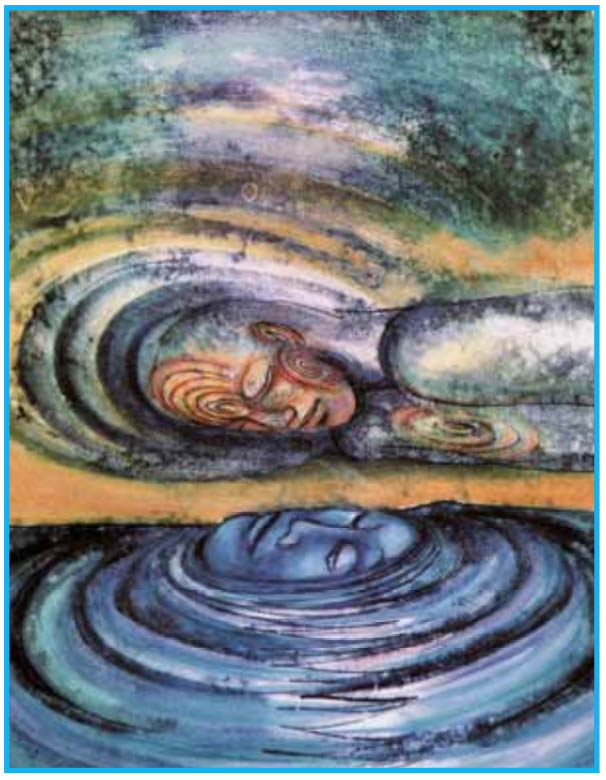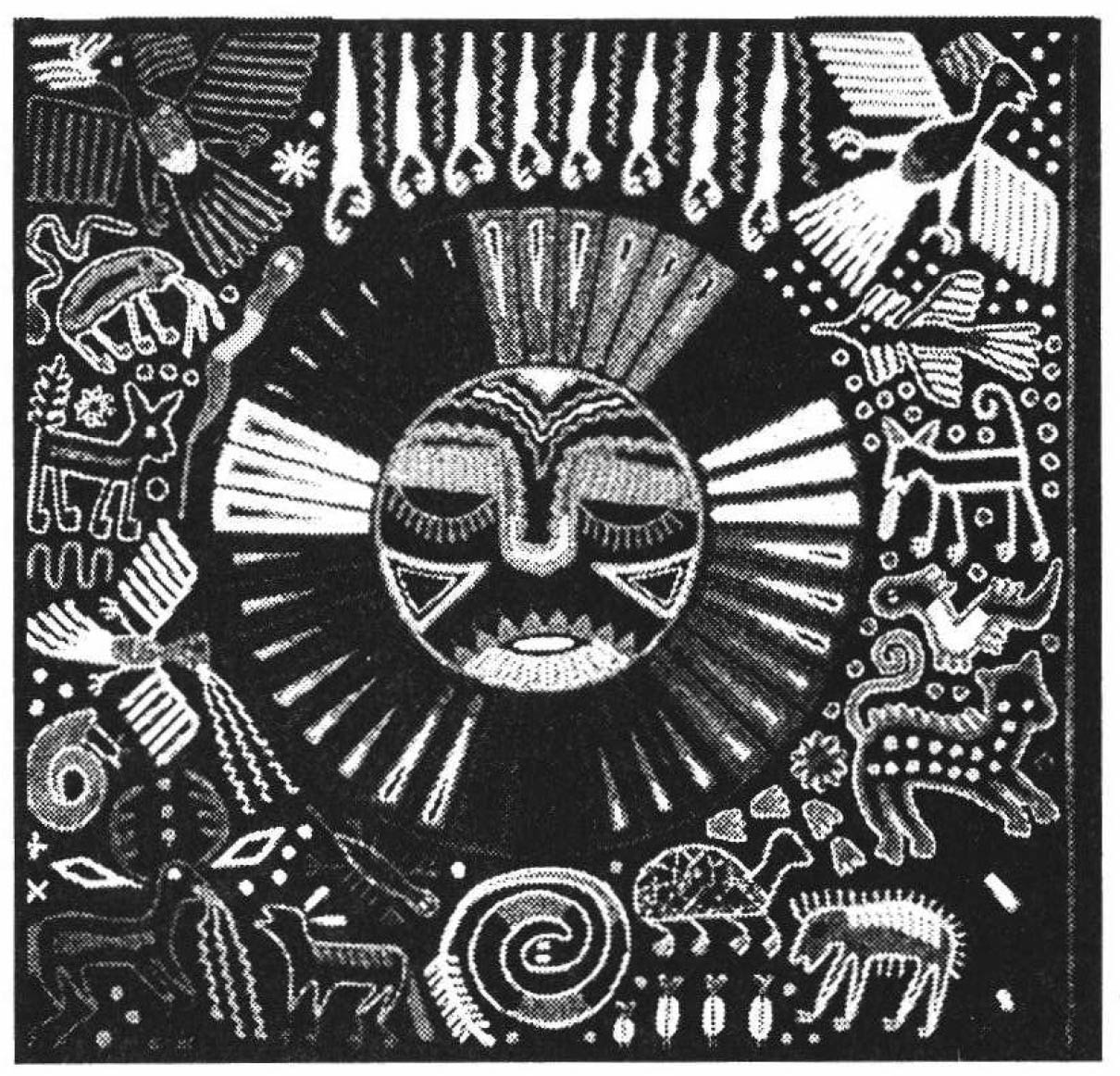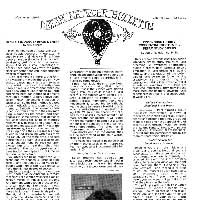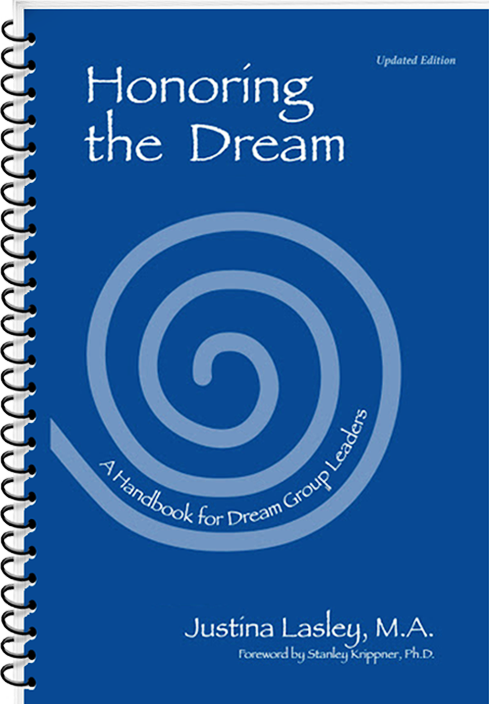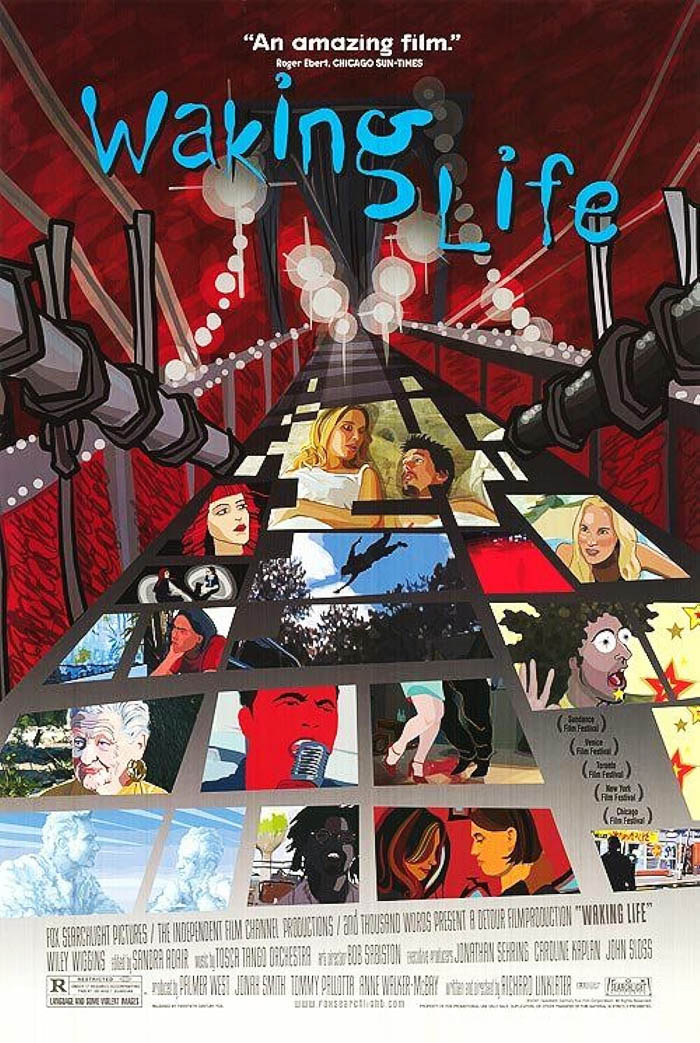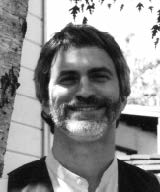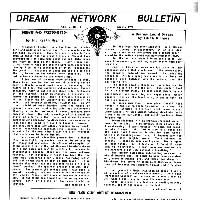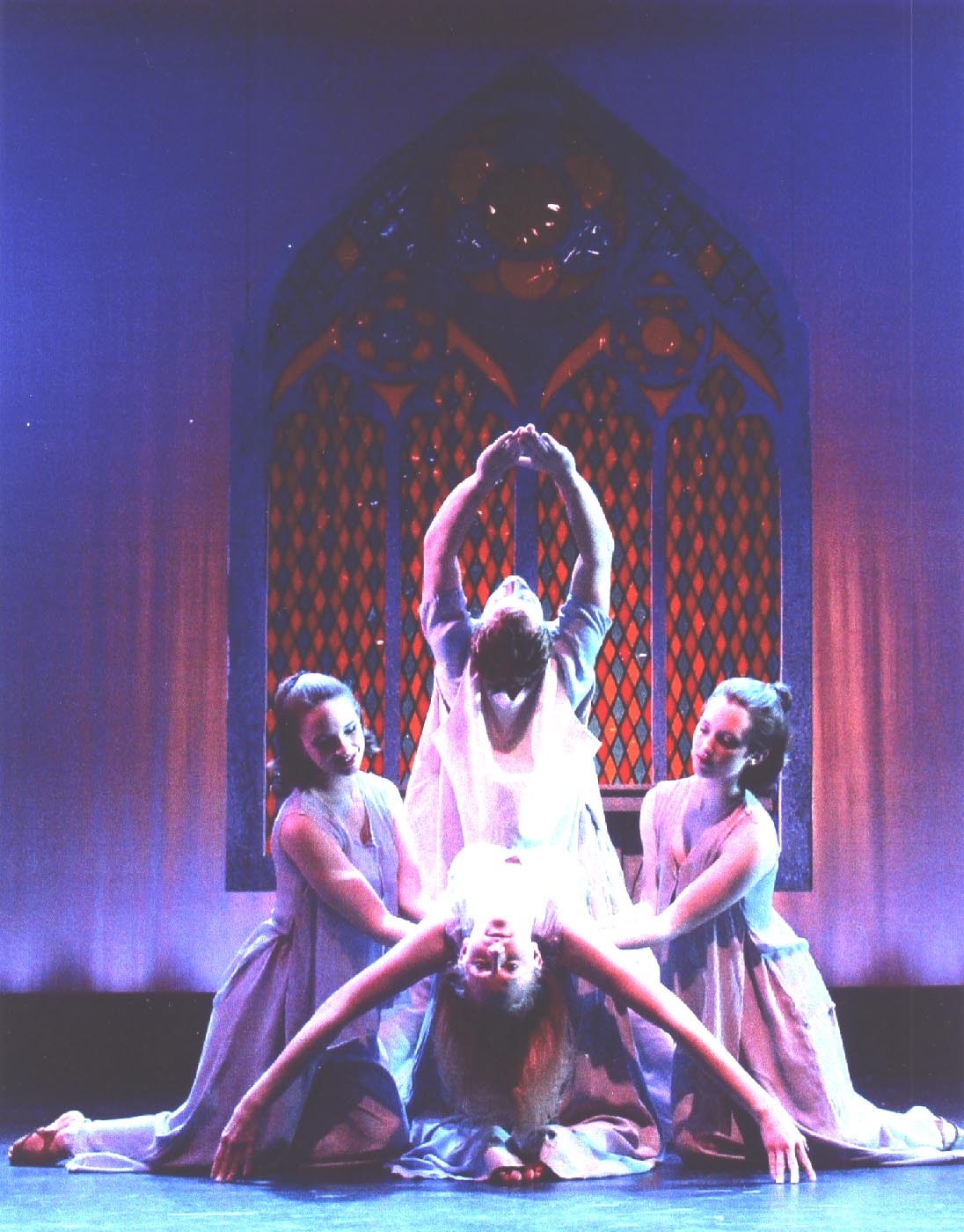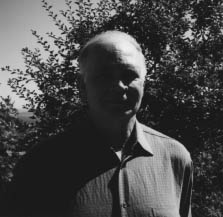
John Goldhammer, Ph.D., is a psychotherapist, teacher, dream researcher, lecturer, and author. His book, Under the Influence: The Destructive Effects of Group Dynamics, examines the negative effect of group influence on individual identity and draws on his experience as a former member of a spiritual cult. His most recent book, Radical Dreaming, offers a way to identify the internalized expectations of others and live from one's Authentic Self. Dr. Goldhammer spoke with Dream Network about his experience and the *Radical Dreaming* process.
Victoria Vlach: In Under the Influence, you talk about the religious group-almost a 'cult'-that you were in, whose founders presented themselves as dream experts. It's ironic, in a sense, that your interest in dreams led you into this group and dreams led you back out again.
John Goldhammer: It has been such an amazing journey for me! Dreams brought me back to myself. Looking back, I had a lot of dreams that were clearly saying there's something wrong. I had been working with dreams the whole time and my psychological immune system was ringing loud and clear, but I didn't know how to interpret the dreams. I was part of the group for 15 years and it totally dominated everything I thought about life. What helped me 'out' is my dreams.
Victoria: What made the shift for you and helped you leave the group?
John G: Well, the shift came for me just in the last couple of years. Here I was in this spiritual group that claimed they had the answers and the wisdom regarding how one should live his/her life and I was feeling worse, more depressed... even suicidal. All my energy was going into what the group thought life was about and I wasn't doing anything, going anywhere or making any progress. I had already been reading Jung and others and the last couple of years I started re-read-ing-really studying-and what I learned helped me get out of the group. One thing I like about Jung is that he was very 'anti-group'. He realized the danger of 'group think.' I started looking at my dreams more symbolically and tried to take them out of the context of the group. I began interpreting my dreams for myself, rather than letting the group or the founder interpret them for me. The minute I started to do that, my dreams began to make sense to me again and I began moving out. It took a year or so to get away after I decided to leave, because these people had been my friends; that was a big deal, more so even than leaving "the group."
Because of that experience, I had to figure out what had happened to me. I researched all kinds of groups and discovered that the patterns I experienced in my group were often found in many groups. Groups seem to fall into these certain patterns, which then become cult-like or destructive in certain ways; conversely, I could also see what makes a healthy group.
Victoria: And what makes a healthy group?
John G: Whatever kind of group it is, a healthy group is not afraid of critical thinking. They look at it as a benefit, encourage critical thinking among members, and are not afraid to look at themselves and their own faults. Healthy groups are not afraid of tension and conflict, as long as it's not hurting anyone. There's an ethic of having respect for one another and a willingness to respectfully disagree with one another... and members feel safe to explore those differences. Such groups don't hold secrets, either. With secrets, people start assuming things and gossip grows. Another aspect is that a healthy group never becomes more important than the individual. When the group becomes more important, people start rationalizing away their own sense of right and wrong. In extreme cases that gets into the causes of terrorism and how horrible evil can be rationalized. Those are some of the significant characteristics. If a group worked on practicing these ethics, it would be a fairly healthy group. It might have some exciting, even stressful times, but members would be healthy, growing and respectful of one another.
Victoria: Referring back to your experience of being drawn to one group because of the founder's expertise with dream interpretation, what about dream groups which form around a particular "name" approach or method of understanding dreams, e.g., Jung, Taylor, Delaney, Moss, Ullman, etc.? What do you suggest for such groups that want to stay focused on a favored approach and also honor the authenticity of individual participants in a healthy way?
John G: You bring up a real dilemma. I think a healthy group approach would be to explore several different methods and try out elements of each. I have learned, through my own, often stumbling, direct experience that to try to make one technique the "only" technique is a mistake and is very limiting. I appreciate the many excellent dreamworkers who have and are making valuable contributions to the art of dreamwork. We each have a contribution to make, adding some new insights to the vast and awesome art of dreamsharing.
When I facilitate dream groups, I make a real effort to point out how Jungian psychology would look at a particular image, or Fritz Pearls, or James Hillman ala Archetypal Psychology, etc. I also have my bias and my focus with Radical Dreaming techniques. I have tried to free the interpretation process from formal dogma-or any pre-judgements about what dream images signify-something that is a real struggle at times, given people's often preconceived ideas about dreams. I can't count how many times I've heard, "Well that ocean in your dream means the unconscious..." Or "That woman represents your anima," etc. I think that's part of the problem with dreamwork: people look for someone else to interpret their dreams. So I would ask, "And so.... then what?" or "So what?" I do my best to help each person connect with what feels genuine and real as a part of who they are in their heart and soul, encouraging their dream images to speak for themselves within the context of their lives.
Victoria: What else would you suggest to help people move from relying on dream 'experts' to trusting their own interpretation?
John G: I would say that the approach to dreamwork is really important. Approach it with respect and even a sense of reverence... a sense that you're entering sacred ground. Dreams are a tool that is right here, available to everyone, to help each of us directly address our individual creative evolution of consciousness, our healing and, in so doing, affect the evolution of society as a whole.
I tell people that it takes practice, like learning another language or like suddenly realizing you aren't using a whole set of beautiful tools you had packed away somewhere. You get out the instruction book and you learn by using them. Be very patient with yourself, keep your dream journal, work with, explore, and think about your dreams. Gradually you become your own expert. I have been very happy in recent years because I've noticed a progression, then a client will start to tell me, "Hey, I'm getting pretty good at doing this, I don't need anyone-you, even-helping me. I'm noticing I'm figuring it all out, and it's making sense."
Victoria: The Radical Dreaming process has six steps. Of these, you consider step four (Freeing the Authentic Self) the most critical step in the process. Would you say more about what this involves, how it happens, etc.?
John G: Freeing the 'Authentic Self' refers to working with dream images to ascertain what, if any, dream elements do not belong to the dreamer. For example, a dream may present a self-defeating view of life that one learned from a parent or a group of some sort. It also involves becoming aware of symbols and images of the 'Authentic Self.' It is like a sculptor removing everything that is not necessary from a block of marble. The process commonly proceeds over a series of dreams rarely just one dream. One must then make space, creating room for those aspects of one's authentic nature in waking life. This usually creates uncomfortable tension and anxiety as our real potential collides with the waking ego's propensity to build and maintain security and to have the future all planned and figured out.
Victoria: The 'Authentic Self' is a major theme in both books. How would you summarize this concept, for those not familiar with the term?
John G: I use the term "Authentic Self" not in the sense of any personality theory but to describe the constellation of qualities that define the essential nature of who we really are-including our fate, our destiny, our purpose-characteristics that combine to make us unique individuals. Instead of a final goal to be attained, the Authentic Self is a creative work-in-process, like the seed becoming a unique tree. I have observed that a sizeable portion of our dreams "intend" to nudge us into our potential, into a creative, authentic life. Unless we really know who we are and who we are not, we can easily end up not living our own life.
Victoria: Radical Dreaming incorporates many role-playing and interactive techniques found in a variety of dreamwork modalities. What is so 'radical' about this process and how is it different from other dreamwork?
John G: It differs in significant ways. I look at Radical Dreaming as drawing on elements of many different dreamwork techniques, with some new approaches that I hope will add to our collective store of knowledge about the awesome potential of our dreams. Most dreamworkers maintain that all aspects of the dream belong to the dreamer. A primary difference with Radical Dreaming is that everything in the dream does not belong to the dreamer. I use the term "radical" to allude to the individual's need to overthrow conformist influences and programming -often from society, family, media, etc.-in order to live one's own life, maximize one's innate creative potential and make a real difference in the world. Another "radical" difference is the approach to identifying and working with images of one's essential nature or true self. As people separate themselves from self-defeating exterior influences and begin to identify their own truth, they become freer to live out of their own Authentic Self.
Victoria: How does someone identify those aspects of a dream that are part of cultural programming and exterior influences so they can live more from their Authentic Self?
John G: Well, that comes from working on the dream as you go through the steps in Radical Dreaming. In my experience, dreams do not just reflect societal values; what they definitely do is to show the dreamer those attitudes and values that are self-defeating and promote conformity. Our dreams usually deal with the values and expectations of outside groups by pointing out problematic influences that have been internalized. They can say, "Here's a collective idea that has been internalized and right now it is blocking you from going forward in a creative life."
Dreams are a kind of immune system, protecting us from bad ideas or self-defeating, self-negating ideas, habits, things that we do to ourselves. One of the big discoveries I've had with Radical Dreaming is that there is also a tremendous psychological immune system that is very protective and I see dreams as a very real part of that psychological immune system. It makes sense that, if we're going to survive as a species, the immune system needs to be operating on every level-not only genetically and physically-but also psychologically. Working with the dreams and our own life in a creative manner can have a tremendous impact on society. In this sense, dreamwork becomes a social responsibility, even an antidote to destructive ideologies as in the case of religious and political extremists.
That's what's so amazing about what dreams do for us. They help us identify and get rid of these ways of approaching life that have not come from us but have been imposed on us. A lot of those things come from society, from other people, from schools and institutions. We've been told we should do this or that, or live our life a certain way. We're trying to survive in society and we need to be involved in the world and the groups around us, so dreams are a warning system of the psyche saying "Hey, something has been internalized that is really self-destructive." It's very difficult to separate ourselves from what we've internalized. We need to be involved in the world, but if we can't also be creative and authentic, then we're not going to make too much of a difference.
Victoria: So, by working with our dreams more authentically, society can be transformed?
John G: I have found that dreams want the individual to be a creative intervention in society. I have yet to hear or read about a single dream that tells anyone what to do about a specific issue in society or in a community. However, I have worked with uncountable clients' dreams that first, facilitate the individual reconnecting with his/her own creative potential and then, help him/her find a place in society and the world for their unique gifts. Society, or any 'group,' is an abstraction comprised of individuals who may have common ideals, geography, etc. Dreams may indeed inspire creative projects or appear to predict some outer world events. But I am convinced that such events-while interesting synchronistic connections-should not distract from the essential value of the dream, which is its transformative value for the individual. This transformative essence, in turn, enables the individual to actually make a difference in the world while realizing his/her own creative potential. That is how society is going to benefit from who we are, by each of us having the courage to live authentically and creatively.
Dreams, in my own experience as well as that of many others, show that all of us, all life-including inanimate matter-is deeply interconnected. Our dreams re-connect us to others and to our world. I've often thought if extremists, terrorists, etc., only understood their dreams, they could not harm anyone. It's so fascinating to me because I never expected it: I realized the two books I've written are actually connected in an interesting way. One is about group dynamics, but then the Radical Dreaming is saying that the way you become valuable to your group, culture, or society, is by becoming, by being, uniquely yourself.
I think that there's a broad illiteracy of dreams' real value in the world; most do not really know or understand their value and how to really work with their dreams. Then, even the people who are really serious, really trying, are caught in a certain dogma or theory, whether it's Freudian, Jungian, etc. It is hard, because we tend to gravitate to 'experts' who tell us "This is how to interpret the dreams," and often, unfortunately, it involves a whole system. So if one particular kind of a figure shows up in your dream, well, that must be the shadow, or this mythology. Well, that might be kind of interesting, and it might remind someone of that mythology, but unless the person can just take that image and put it into practical use in his/her own life, it doesn't really do anything for them. I believe one has to learn how not to put labels on the dream. I went through my own
struggle with that when I started writing Radical Dreaming... I started having all these dreams saying "No, this is the person's experience, don't put any labels on it."
Victoria: I like that phrase, "...dreams want our life to be a creative intervention in society."
John G: Dreams do it by starting with the individual. If we are doing something we really love, there's usually something uniquely creative and particular about how we do it. Whatever we are doing, there's a unique spark or genius that I believe is in every person. Our particular collection of gifts-who each of us is as a unique, authentic individual-that is what our dreams bring out. When we begin to live through our own center of authenticity and uniqueness, we feel fulfilled, our life has purpose and meaning and we are making a difference.
Victoria: Dr. Goldhammer, I believe you are certainly making a difference! Thank you so very much.
John G: Thank you, I've enjoyed it.


